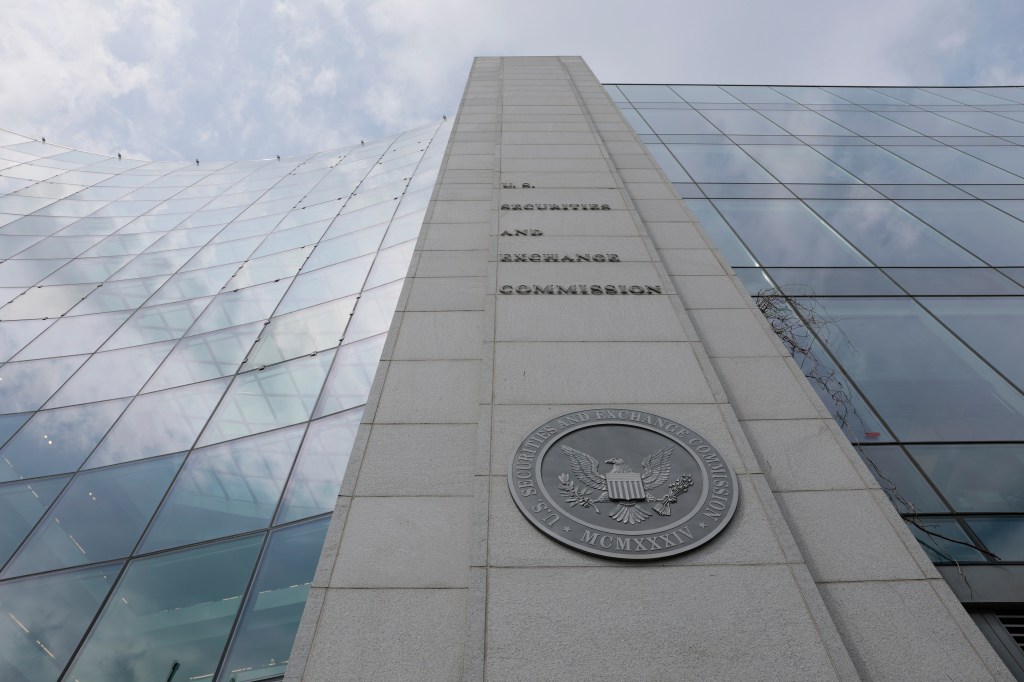The Financial Accounting Standards Board (FASB) has voted to set a new rule on cryptocurrency accounting and disclosure to more accurately reflect the financial condition of the changes companies holding these assets have argued are needed.
Up to now, there have been no accounting or disclosure standards in place pertaining
Register for free to keep reading
To continue reading this article and unlock full access to GRIP, register now. You’ll enjoy free access to all content until our subscription service launches in early 2026.
- Unlimited access to industry insights
- Stay on top of key rules and regulatory changes with our Rules Navigator
- Ad-free experience with no distractions
- Regular podcasts from trusted external experts
- Fresh compliance and regulatory content every day













